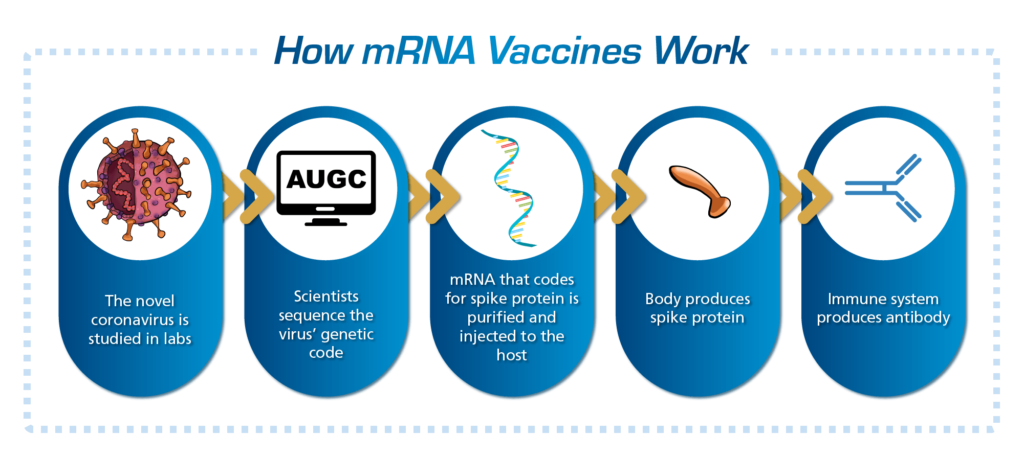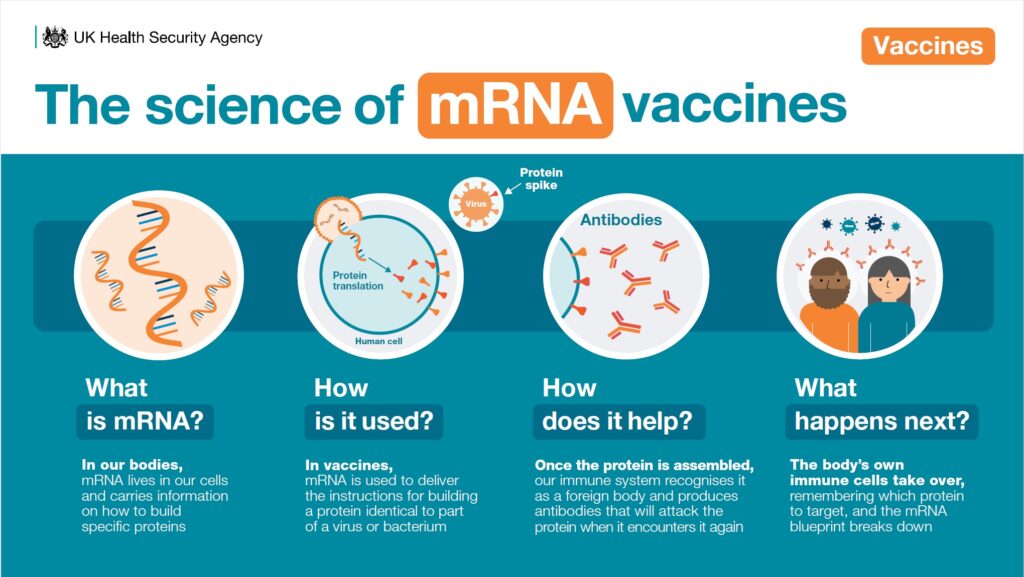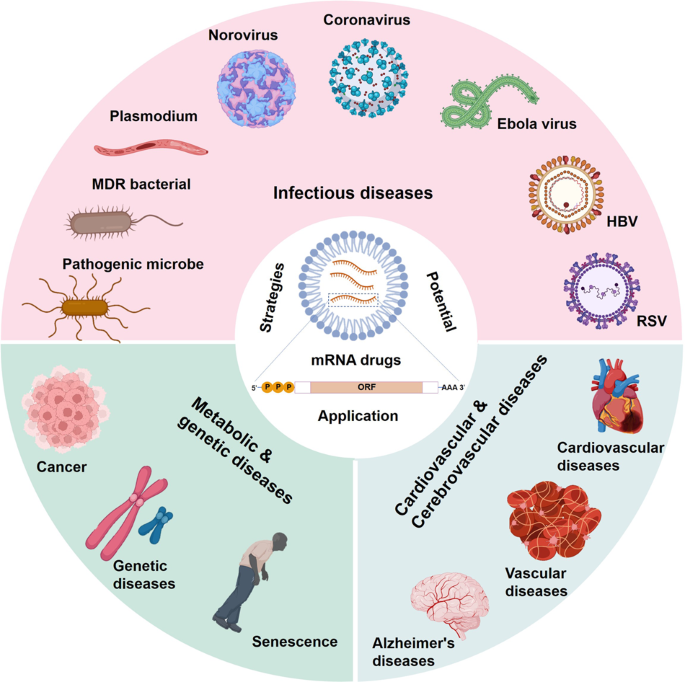Introduction: The mRNA Revolution
mRNA technology has transformed modern medicine, with its success in COVID-19 vaccines marking just the beginning. Researchers are now unlocking its potential for treating genetic disorders, cancer, heart disease, and even neurological conditions.
What is mRNA and How Does It Work?
Messenger RNA (mRNA) is a genetic blueprint that instructs cells to produce proteins. Unlike traditional therapies, mRNA-based treatments use the body’s own mechanisms to create targeted proteins that fight disease, making them more precise and adaptable.

Beyond Vaccines: The Expanding Role of mRNA in Medicine
1. Cancer Immunotherapy: BioNTech and Moderna are developing mRNA vaccines that train the immune system to recognize and attack tumors.
2. Genetic Disease Treatments: mRNA-based therapies could help treat conditions like cystic fibrosis and sickle cell anemia.
3. Regenerative Medicine: Research is exploring how mRNA can promote tissue regeneration, particularly for heart disease patients.
4. Personalized Medicine: Future treatments could be customized to an individual’s genetic makeup, ensuring higher effectiveness with fewer side effects.
mRNA and Cancer: A Medical Breakthrough
Traditional cancer treatments like chemotherapy attack both healthy and cancerous cells, leading to severe side effects. mRNA-based cancer vaccines, however, help the body recognize cancer cells as threats and target them precisely. Clinical trials have already shown promising results, particularly in melanoma and pancreatic cancer patients.
Challenges and Ethical Considerations
While mRNA technology has vast potential, challenges remain, including:
– Stability Issues: mRNA degrades quickly, requiring advanced delivery systems.
– Regulatory Approvals: New treatments need rigorous testing and approvals.
– Cost and Accessibility: Widespread adoption depends on reducing production costs and ensuring equitable access.

The Future of mRNA Technology: What’s Next?
Leading biotech companies and researchers are already working on next-generation mRNA treatments, with major developments expected in the next decade. As investments in this field continue to rise, we can anticipate breakthroughs that will redefine modern medicine.
Conclusion: A New Era of Medicine
mRNA technology has already changed the world with COVID-19 vaccines, but its impact will go far beyond that. With continued research, we may soon see effective treatments for some of the most challenging diseases. The next decade will be crucial in shaping the future of medicine, bringing hope to millions worldwide.


